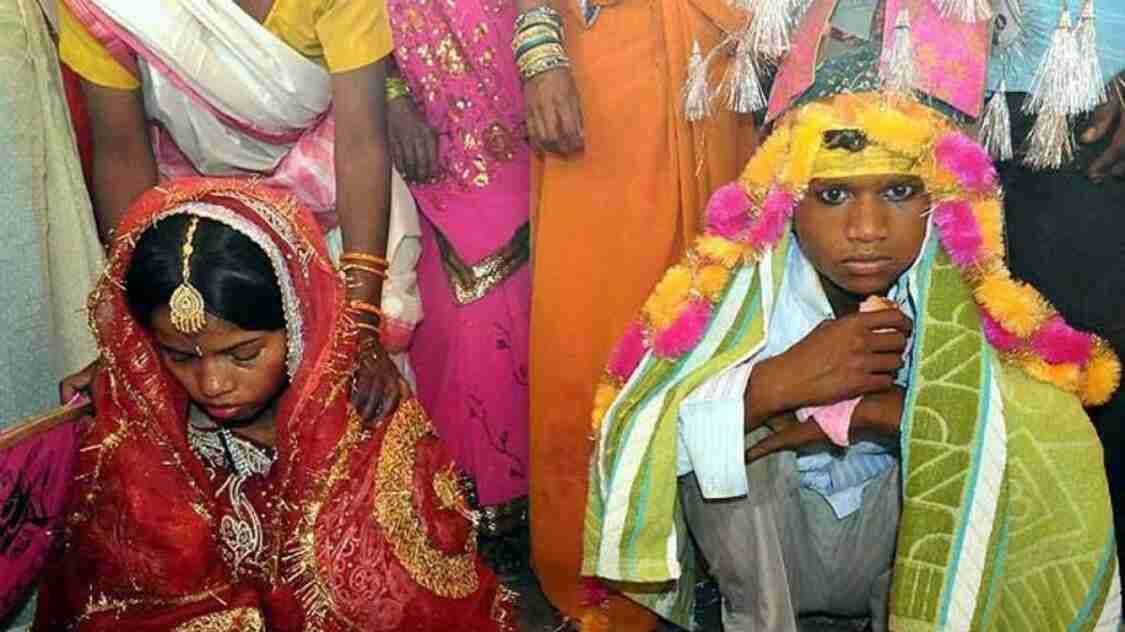Fixing the loopholes

According to the National Family Health Survey (NFHS) 2015-16 data, 35 per cent of girls in Rajasthan had been married by the time they turned 18. It effectively means that roughly one among three girls in the state chose her life partner by the time she was perceived to have become capable of choosing an MLA or MP of her respective constituency. The NFHS data also states that among the girls aged 15-19 years in the state, six per cent had already begun childbearing — bringing one to complete chaos in deciding who should be referred to as a child! In a step that has been claimed to be reducing this grave societal inconsistency, the Rajasthan government came up with an amendment bill to amend Rajasthan Compulsory Registration of Marriages Act, 2009. The proposed amendment, however, stoked controversy and the Rajasthan government had to finally assure that the Bill will be held back. The principal Act and the amended Bill deal with the compulsory registration of marriages — with section 8 of the Act and the Bill laying the provision for registration of child marriages as well. The controversy around the amended Bill has come on two accounts — first, the critics have argued the mandatory registration of child marriages will lend legitimacy to the malpractice. Secondly, it reduces the age of bride from 21 years to 18 years for the parents, or the guardian, or the 'eligible' person to submit a memorandum for registration of marriages before the registrar. It has to be understood that registration of marriages — including that of children — is already a mandate in the state. The amendment bill just sought to bring the age bar of bride and bridegroom in conformity with the Central standards. The stated intent behind mandatory registration of child marriages has been to ensure effective annulment of the same. In the first place, child marriages — despite being considered as a hurting malpractice — are not illegal phenomena within the country. The institutional set-up towards curbing these marriages comes rather through annulment of the marriage. The bride / bridegroom, after becoming a major, could go to court to have their marriage declared void in case they are not satisfied with the marriage. The approach of the Rajasthan government towards formulating the legislation was not completely faulty. The state government appears to have understood the need to first recognize the instances of child marriage for girls aged 18 and above, before eying broad-based annulment exercise. Child marriage is indeed a very deep-rooted societal problem. The malpractice has strong social and familial control, and it continues to flourish without effective administrative monitoring. Improved documentation of such marriages could open a window for broader annulment exercise. However, social activists and opposition parties had their own set of concerns around the proposed legislation. There was apprehension that if marriage certificate is legalized and mandated for girls below the age of 21 years down to 18 years, a large number of left out unregistered brides in the age bracket may struggle to seek annulment due to non-availability of marriage certificates. This apprehension could have been readily addressed by announcing marriage certificates only as an optional requirement, and not mandatory for seeking annulment. While the intent of the government seemed fine, it has thus far failed to address the concerns of the critics. It reflects quite good on the Rajasthan government to pay heed — though after strong criticism — to the apprehensions raised by critics. That's what is the beauty of a democratic set-up. It can be hoped that the Rajasthan government remains firm in its intent, at the same time taking various stakeholders into consideration, to chalk out more holistic legislation by incorporating diverse opinions, and continue the battle against one of the most regressive and hurting practices prevailing in the society. Child marriage is a pan-India malpractice pushing the economic and social position of the nation to the backfoot. Even more worryingly, it has been snatching away the education and employment opportunities, bliss of childhood and the liberty to choose life partners, from a large number of Indian youths. Child marriage is not just the curse of present generation, it is very likely to cripple the prospects of coming generations too — by pre-ascertaining uneducated and under-nourished parents for them. The Bill brought by the Rajasthan government has at least sparked a much-needed debate around the issue. It is hoped that all parties will come together to fight against the enemy that has been crippling generations.



